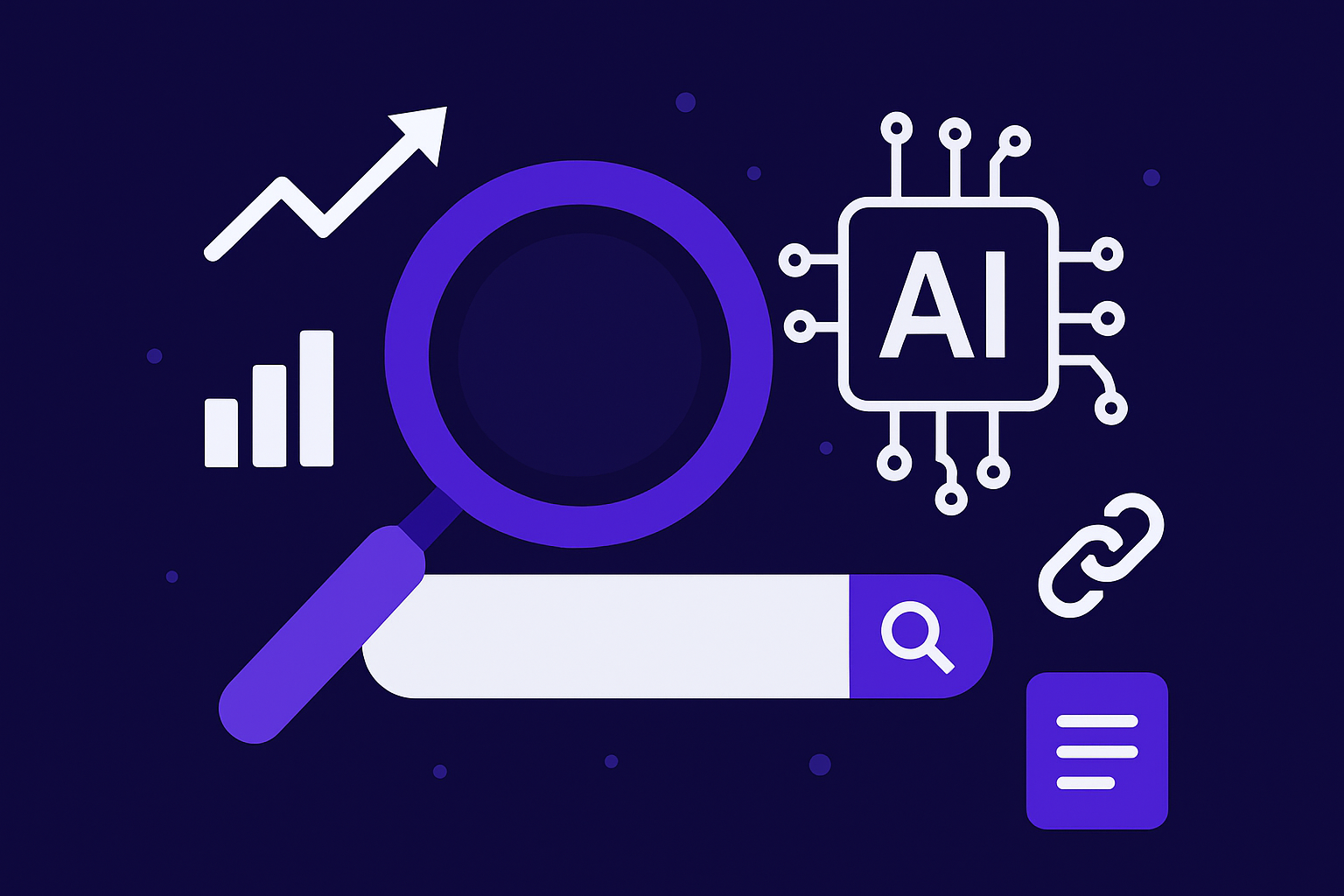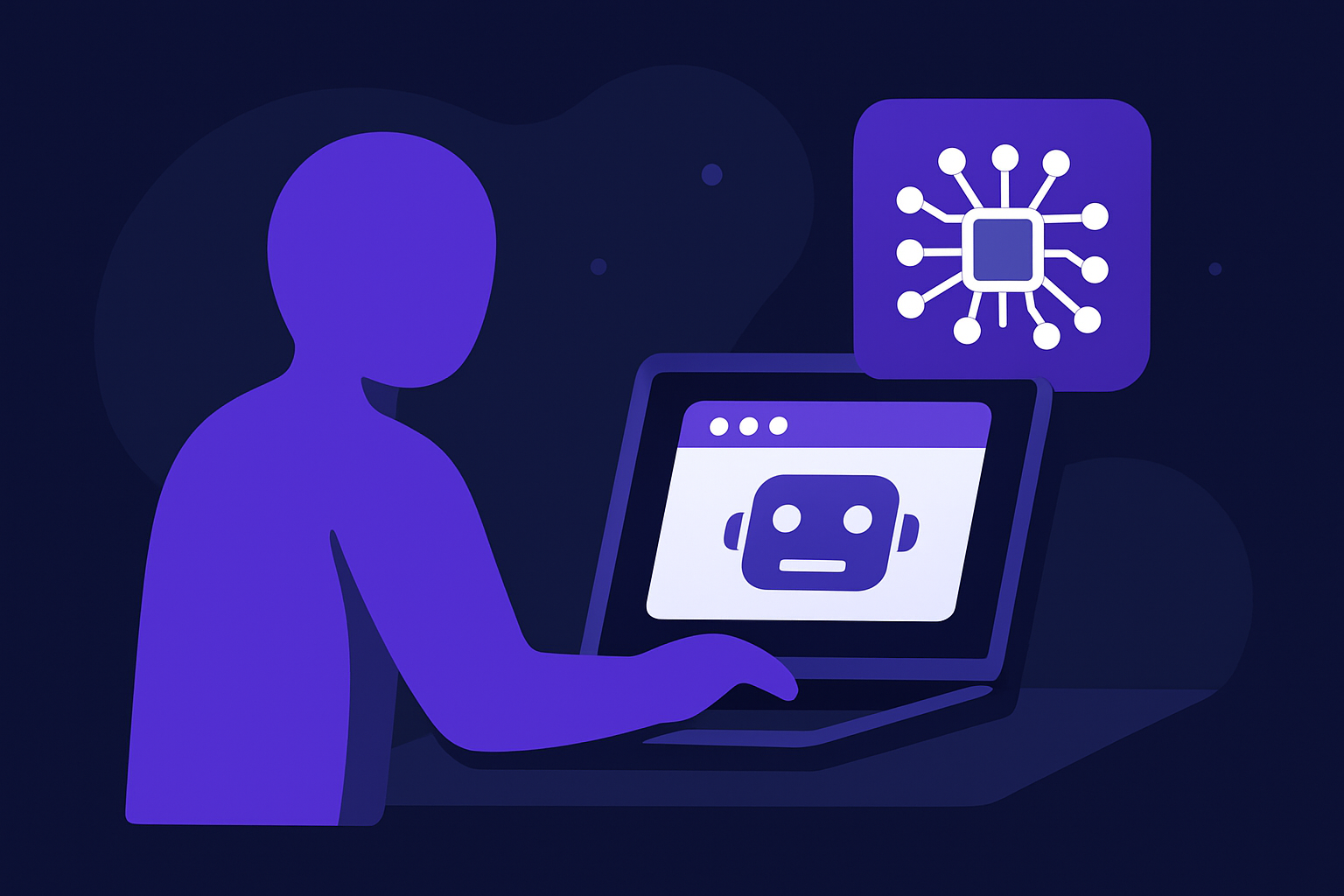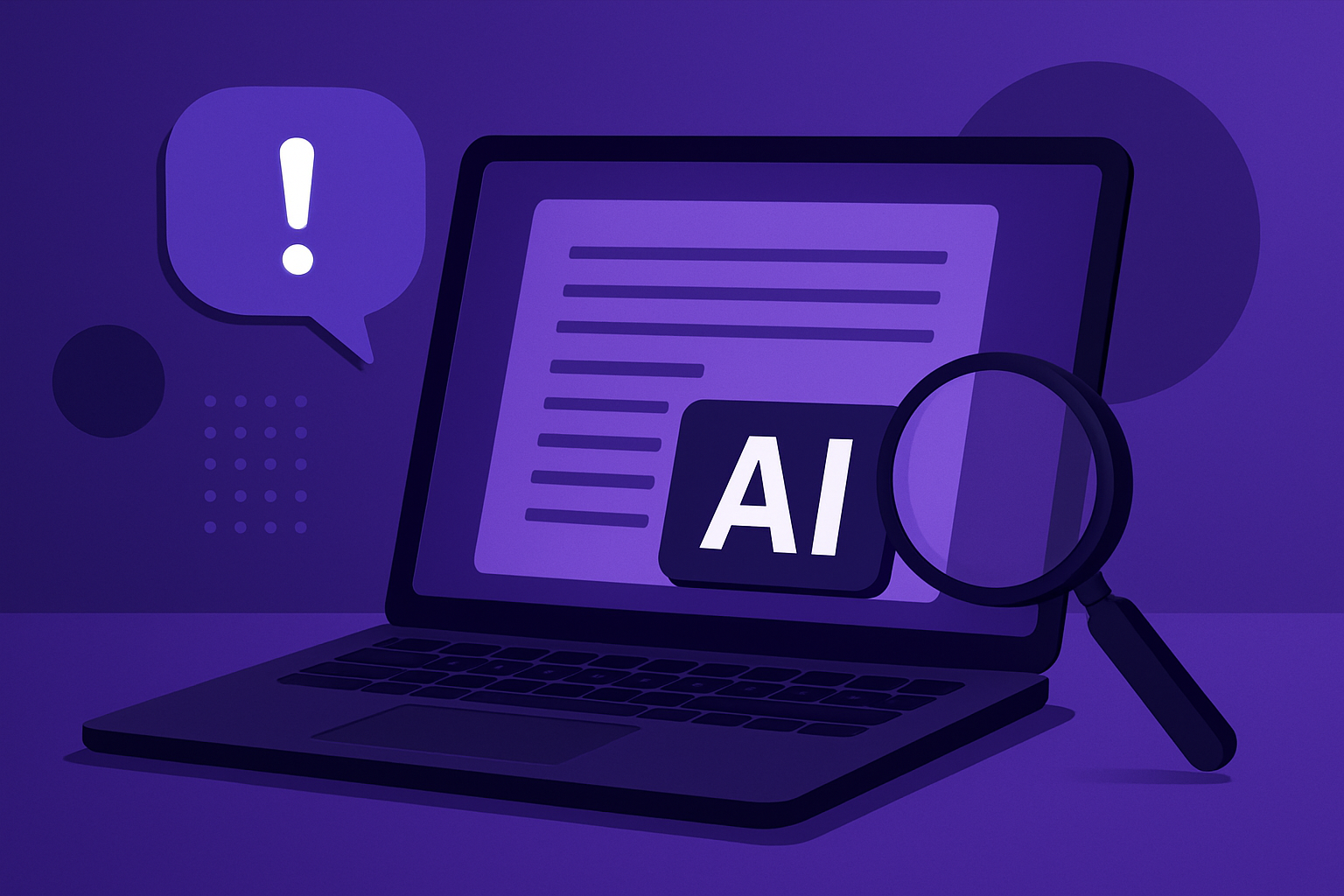In recent years, the rapid advancement in artificial intelligence has introduced innovative ways to enhance productivity across numerous sectors. Among these is the field of content creation, where AI has emerged as a powerful tool to automate the generation of blog content. With the capability to analyze vast amounts of data and produce coherent narratives, AI-driven content creation is revolutionizing the blogging landscape.
This transformation is not just about efficiency; it's about meeting the growing demand for fresh, high-quality content in an increasingly digital world. Bloggers, marketers, and businesses are turning to AI to maintain a constant flow of engaging material while focusing their human resources on strategic aspects that require a personal touch.
Understanding AI in Content Creation
AI in content creation involves using algorithms and machine learning models to generate written content. These systems can be trained on various data sets to write articles, create scripts, and even develop poetry. The primary advantage of AI is its ability to process and synthesize large volumes of information into digestible content pieces swiftly. This technology can mimic human writing styles and generate text that adheres to specific guidelines or tones.
Furthermore, AI tools can optimize content for search engines, ensuring that it reaches the intended audience effectively. By incorporating keywords and following SEO best practices, AI-generated content can rank competitively online, enhancing visibility and readership. This feature is particularly beneficial for businesses aiming to improve their online presence without investing heavily in manual content creation.
Another critical aspect of AI in content creation is personalization. Advanced algorithms can analyze user data to tailor content to individual preferences and behaviors. This personalization increases engagement, as readers are more likely to interact with content that resonates with their interests and needs.
The Benefits of Automated Blog Content
The benefits of automating blog content using AI are manifold. Firstly, it significantly reduces the time and effort required to produce high-quality content. What might take a human writer hours to research and compose, an AI system can accomplish in minutes. This efficiency allows creators to focus on other creative endeavors, such as ideation and strategy.
Cost-effectiveness is another crucial benefit. Hiring professional writers and editors can be expensive, especially for businesses that need a large amount of content regularly. AI solutions offer a scalable alternative that can be tailored to various budgets, providing consistent output without compromising on quality.
Moreover, AI-driven content generation ensures consistency in tone and style, which is vital for brand image and communication. As AI systems learn and adapt, they become better at maintaining a uniform voice across all content pieces, reinforcing brand identity and trust among audiences.
Challenges and Considerations
Despite its advantages, automating blog content with AI presents certain challenges. One of the primary concerns is the potential lack of creativity and emotional nuance in AI-generated content. While AI excels at producing data-driven articles, it may struggle with storytelling elements that require empathy and human insight.
Ethical considerations also arise, particularly regarding authenticity and transparency. Readers may feel deceived if they discover content they believed was written by a person was, in fact, AI-generated. Therefore, it is crucial for content creators to maintain transparent communication about the use of AI in their processes.
Lastly, the constant evolution of AI technology means content creators must stay informed about the latest developments and continuously evaluate their tools' effectiveness. Regular updates and adaptations are necessary to ensure that the content remains relevant and valuable to readers.
The Future of AI in Blogging
The future of AI in blogging is promising, with continuous advancements shaping how content is created and consumed. As AI becomes more sophisticated, its ability to understand context and generate complex narratives will improve, offering even greater assistance to bloggers and writers.
Integration with other technologies, such as augmented reality (AR) and virtual reality (VR), could also transform how audiences engage with content. AI could facilitate the creation of immersive, interactive blog experiences that captivate audiences beyond traditional text formats.
Moreover, as AI tools become more accessible, a wider range of content creators can leverage these technologies to enhance their work. This democratization of content creation ensures diverse voices and perspectives are represented in the digital sphere.
Best Practices for Using AI in Content Creation
To maximize the benefits of AI in content creation, it is essential to follow best practices. Firstly, content creators should use AI as a supportive tool rather than a replacement for human creativity. Combining AI's analytical capabilities with human intuition can result in more compelling and impactful content.
Regular monitoring and evaluation of AI-generated content are also crucial. Feedback loops allow creators to identify areas for improvement and refine their AI systems accordingly. This iterative process ensures that content remains aligned with brand objectives and audience expectations.
Finally, ethical considerations should guide the use of AI in content creation. Transparency about AI involvement and commitment to maintaining authenticity can help build trust with audiences. Educating readers on AI's role in content generation can foster a more informed and engaged readership.
In conclusion, automating blog content creation with AI presents an exciting opportunity for enhancing productivity and meeting the demands of a digital audience. While challenges exist, the potential benefits of integrating AI into content strategies are substantial. It allows for efficient, consistent, and cost-effective content production that can scale with the growing needs of businesses and individual creators.
As AI technology continues to evolve, its role in content creation will expand, offering new possibilities for innovation and engagement. Embracing these advancements responsibly and creatively will enable content creators to harness the full potential of AI while maintaining the human touch that defines compelling storytelling.













